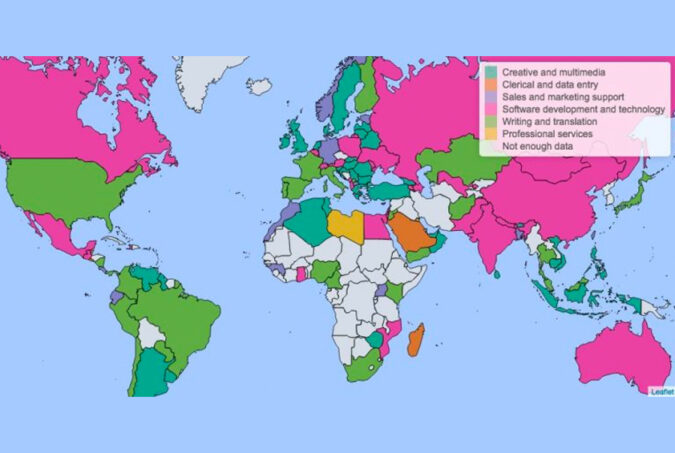The Taylor Review of Modern Working Practices in the UK was published last week. The review assesses changes in labour markets and employment practices, and proposes policy solutions. One of the big themes in the report is the rise of platform-mediated gig work. I have been doing research on platform-mediated work for a few years now, and am currently leading a major European Research Council funded research project on the topic. This article is my hot take on some of the topics covered in the report. Overall the report takes a relatively upbeat view of the gig economy, but engages with its problematic points as well. A third way in employment classification In the U.S. policy debate around the gig economy, many have called for a ‘third category’ between protected employment and unprotected self-employment. The interesting thing is that in the UK such a category already exists. An employment tribunal decision last year determined that Uber drivers were not employees or contractors, but ‘workers’, enjoying some of the benefits of employment but not all. The review recommends making use this ‘worker’ category and renaming it ‘dependent contractor’. The review calls for greater emphasis on control over one’s work as a factor in determining whether someone is a ‘dependent contractor’ or genuinely self-employed. The question of control has featured prominently in recent research on gig economy platforms (see, for example: Rosenblat & Stark 2016, Graham et al. 2017). Uber promises freedom, but in practice uses a variety of nudges and constraints to manage workers quite closely. Platforms for digitally delivered work like graphic design don’t necessarily try to control the workers in the same way at all. So focusing on control can help distinguish between the employment status implications of different platforms, which can be quite different. Of course, the fact that someone is genuinely self-employed doesn’t necessarily mean that they are well off. Self-employed people are often relatively poor and…
The review assesses changes in labour markets and employment practices, and proposes policy solutions.

